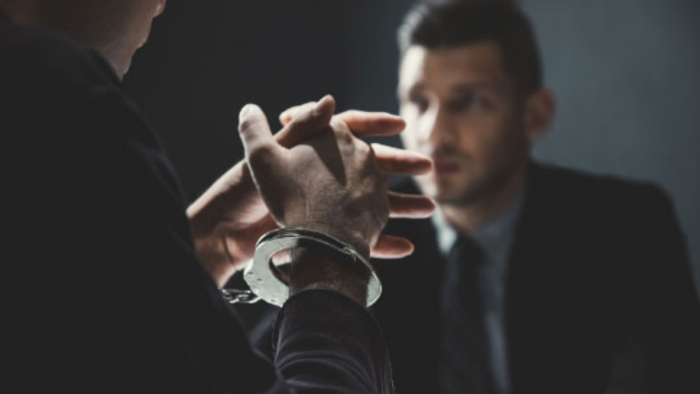
On this page
If you found yourself in police custody, you would feel worried, scared, distressed. You would hope that someone would be there to advise you and that systems would be in place to make sure you are treated fairly.
With our partners, we examined the needs of people in police custody and asked: how can we strengthen procedural rights in police custody. We looked into four key areas:
Access to information (Letters of Rights)
In order to have meaningful access to justice and ensure a fair criminal procedure, it is crucial that people who have been arrested and/or are facing detention understand their rights.
EU law requires Member States to provide anyone who has been arrested with a written document that explains their rights in a simple way. However, in practice, these are usually lengthy and complex documents. People in vulnerable situations often don’t read or cannot understand these documents and as a result, they might not know their rights or how to exercise them.
Fair Trials has produced plain language Letters of Rights in 13 EU languages, learn more here.
Read the factsheet by The Ludwig Boltzmann Institute of Fundamental and Human Rights (LBI-GMR) here.
Watch the video on this topic below:
Access to a lawyer
What a person suspected of a crime says or doesn’t say in police custody can have a significant impact on an investigation and the likelihood of pre-trial detention. It is crucial that a lawyer is present before the first police interview, but this is often not the case.
Ensuring access to a lawyer is also not a box-ticking exercise. It is not just about having person present in the room: the lawyer must play an active role in guaranteeing the person’s rights.
Every person that is arrested is inherently vulnerable. They are in a situation of police control, where a state official has authority over them. A lawyer must be there to advise them. Lawyers can also be important safeguards against ill-treatment and coercion in police custody.
Access the factsheet by APADOR-CH here.
Watch the video on this topic below:
Access to legal aid
Access to legal aid is key to ensuring access to justice. People experiencing poverty are disproportionately represented in criminal justice systems around the EU, and one of the key hurdles to an effective defence is the cost.
States must provide legal assistance free of charge or at a reduced cost, depending on the person’s financial resources. But despite its importance, legal aid is underfunded in the EU.
Read the factsheet by Rights International Spain here.
Watch the video on this topic below:
Audiovisual recording in police custody
Police interviews often happen behind closed doors in daunting, coercive environments. Audio-visual recoding of police interviews can help to sure that procedural safeguards are respected in police custody, including that information on rights and quality interpretation were provided, and that the person was not subject to coercion or ill-treatment.
On its own, audio-visual recording is not going to eliminate abuses in police custody. However, alongside other crucial measures, such as the presence of a lawyer, it can help to reduce human rights violations.
Despite this potential, there is no consistent practice when it comes to audio-visual recording of police interviews in the EU. In some countries, like Croatia and Ireland, there are laws stating that police interviews should be recorded.
Read the factsheet by the Irish Council for Civil Liberties here.
Watch the video on this topic below:
Final report
These materials were developed as part of the EU project ´From law to practice: Strengthening procedural rights in police custody (ProRPC)’ led by the LBI-GMR, in cooperation with APADOR-CH, Fair Trials, the Irish Council for Civil Liberties, and Rights International Spain.
This project was developed and implemented with two key questions in mind: WHAT can be done to support the practical implementation of reforms? HOW can this best be done, for example, which methods and tools make work on strengthening procedural rights more effective? The final report takes into account the results from the four key areas, especially the lessons learned from regional consultations, national roundtables, and an EU workshop with civil society organisations.


